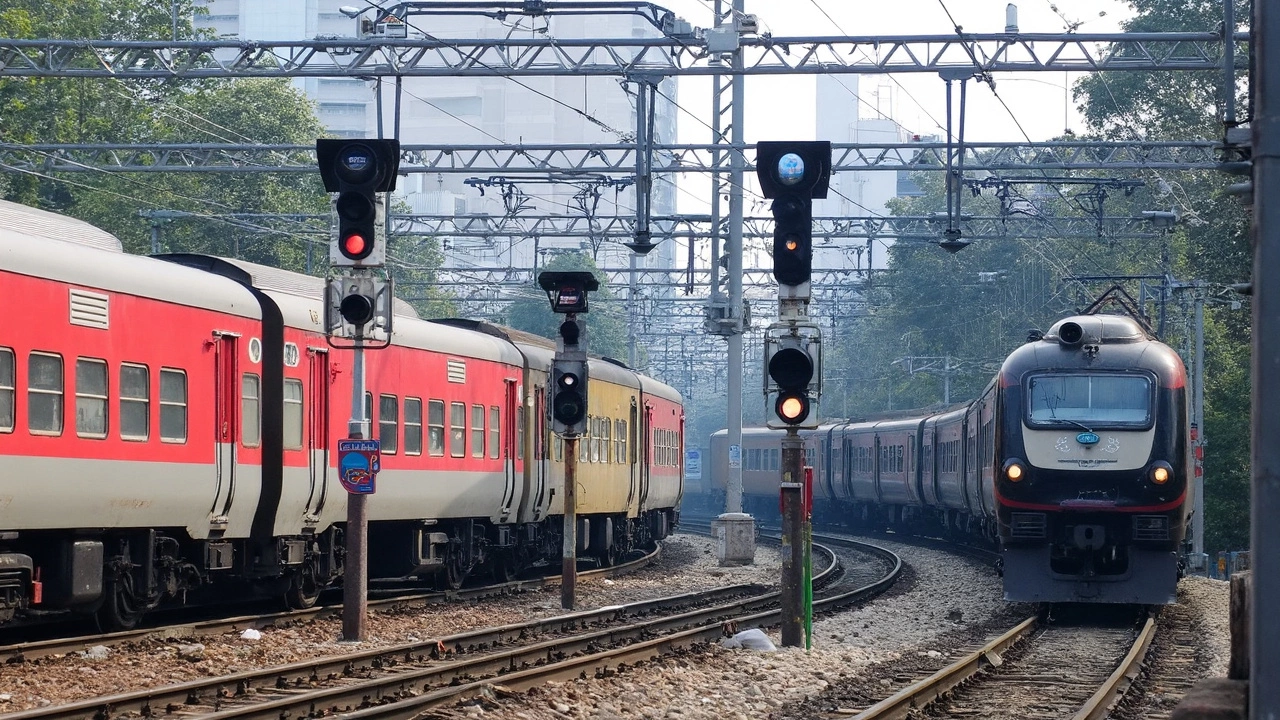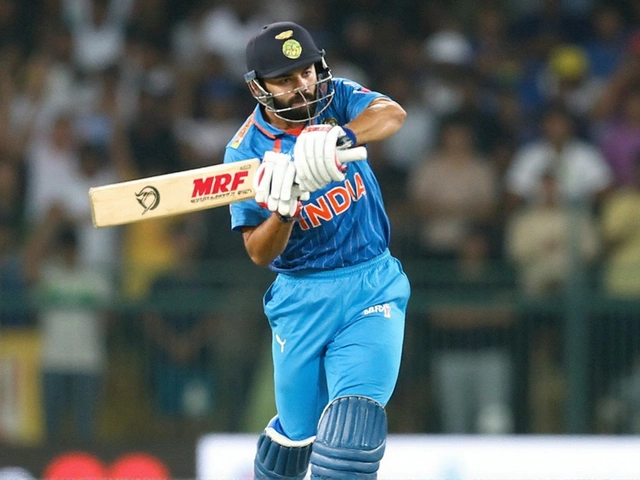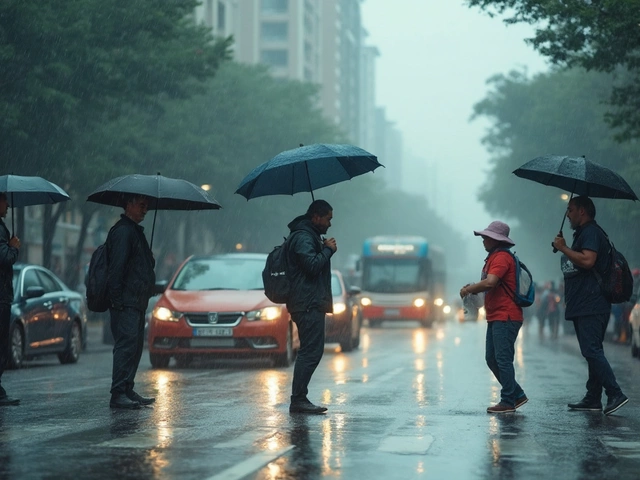Railway Recruitment Guide: Jobs, Exams & How to Prepare
If you’ve ever thought about a stable job with good benefits, railway recruitment is worth a look. The Indian Railways hires for a range of positions – from engineers and technicians to ticket collectors and administrative staff. Here’s a quick rundown of what’s out there, where to find the latest alerts, and how to boost your chances of getting selected.
Where to Find Railway Job Notifications
Every month the Railway Recruitment Board (RRB) releases a list of vacancies on its official website (rrbcdg.gov.in, rrbgnl.gov.in, etc.). Most portals also repost the notices, but the official site is the safest bet. Bookmark the “Recruitment” section and set up a browser alert so you never miss a deadline. The notice will include details like post name, eligibility, pay scale, and application dates.
Understanding the Exam Pattern
Most railway jobs start with a Computer Based Test (CBT). The typical format contains three sections: General Awareness, Reasoning, and Numerical Ability. Each section carries 100 marks, and you have 120 minutes total. Some posts add a Technical or Mechanical section for engineering roles. Knowing the exact weight of each section helps you allocate study time wisely.
After the CBT, shortlisted candidates face a Skill Test (for technical posts) or a Personal Interview (for clerical and management posts). The interview focuses on communication skills, confidence, and knowledge about the railways.
Study Resources That Actually Work
Start with the RRB’s official syllabus – it’s short and clear. For general awareness, read a daily newspaper and keep a tab on current affairs. Reasoning can be mastered with books like "A Modern Approach to Reasoning"; practice a few mock tests every weekend. Numerical Ability is just basic arithmetic, percentages, and data interpretation – Khan Academy or free YouTube lessons are fine.
Many aspirants join a coaching portal that offers mock CBTs tailored to railway exams. If you prefer a free route, look for PDF question banks on sites like Examrace or Jagran Josh. The key is to simulate the real exam environment: set a timer, avoid interruptions, and review mistakes immediately.
Application Tips to Avoid Common Mistakes
When filling the online form, double‑check your name spelling, DOB, and qualification details. A tiny typo can lead to disqualification. Upload scanned copies of your photo, signature, and certificates in the required format (usually JPG under 100KB). Keep a backup of the confirmation page; you’ll need the application number for future reference.
Pay the application fee using a reliable net‑banking channel. Once paid, you can’t edit the form, so verify everything before you click ‘Submit’.
Interview and Skill Test Prep
For the interview, dress neatly, arrive on time, and be ready to answer why you want to work for Indian Railways. Highlight any relevant experience – even a short internship or a part‑time job in customer service helps. Practice answering common HR questions with a friend or in front of a mirror.
If you’re heading to a skill test (e.g., a mechanical drawing test), practice with previous year papers. Focus on accuracy and speed; the railways value precision.
Railway recruitment can open doors to a secure career, but it demands consistent effort. Keep an eye on official notices, follow a structured study plan, and treat each mock test as a real exam. With the right preparation, you’ll increase your chances of clearing the CBT and moving on to the interview stage. Good luck!
RRB Releases Admit Cards for 2025 RPF Constable Exam Starting March 2
RRB has issued admit cards for the 2025 RPF Constable Exam. Taking place from March 2 to 18, the exam features a CBT followed by PET and document verification. Covering 120 multilingual questions in 90 minutes, it involves negative marking, with exam city intimation slips release previously on February 21. Candidates can access details on regional RRB websites.





